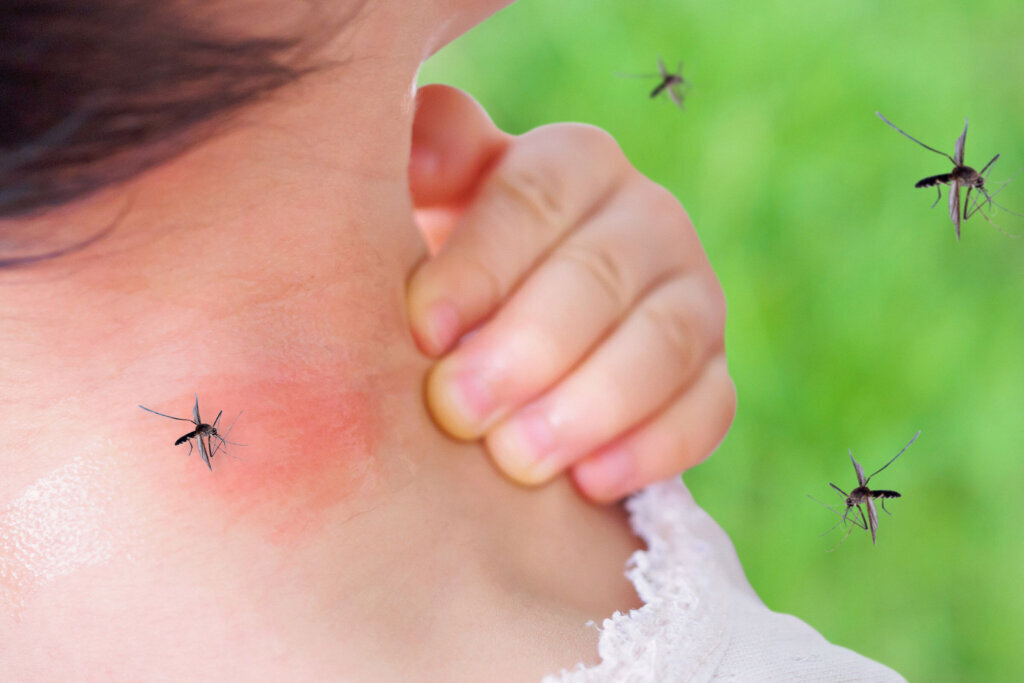
You may have noticed your bug spray doesn’t work like it used to. Scientists say that’s because mosquitoes are building up a resistance to insecticides found in many of the repellent sprays.
“We need more tools, and new tools to control those mosquitoes,” said Clement Vinauger, Assistant Professor of Biochemistry at Virginia Tech.
Vinauger recently led a limited 5-person study, released in the journal iScience, examining how mosquitoes’ reacted to four different kinds of soap:
- Dial® Body Wash with Marula Oil
- Dove® Deep Moisture Nourishing Body Wash
- Simple Truth® Organic Honey Blossom Baby Shampoo & Body Wash
- Native Coconut and Vanilla Body Wash
“Only one of the soaps we tested decreased mosquito attraction,” Vinauger explained. “Coconut oil derivatives, some of those fatty acids, can repel mosquitoes.”
The study also listed chemical additives, such as benzyl benzoate and γ-nonalactone, as possible repellents.
Though the research is in its very early stages, Vinauger says there are several explanations for why certain soaps may be favorable for repelling those pesky bloodsuckers.
“It’s the specific combinations and chemical interactions that occur between the soap composition, and each person’s body odor,” he told WTOP.
Vinauger says the research they are conducting could eventually inform the cosmetic industry about which soaps to make and what chemicals to avoid.
Dr. Troy Baker, an allergist with Kaiser Permanente in Virginia, says the results of the study should be taken with a grain of salt.
“Generally speaking, most studies looking at alternative, plant-based repellents have shown that the protection they offer is much less than you would get with a product like OFF, or DEET or picaridin,” he told WTOP. “Often, you have to apply these botanical oils multiple times to get the same result.”
He says, for now, to stick with traditional insecticide sprays. But, like Vinauger, he’s hopeful that could change.








